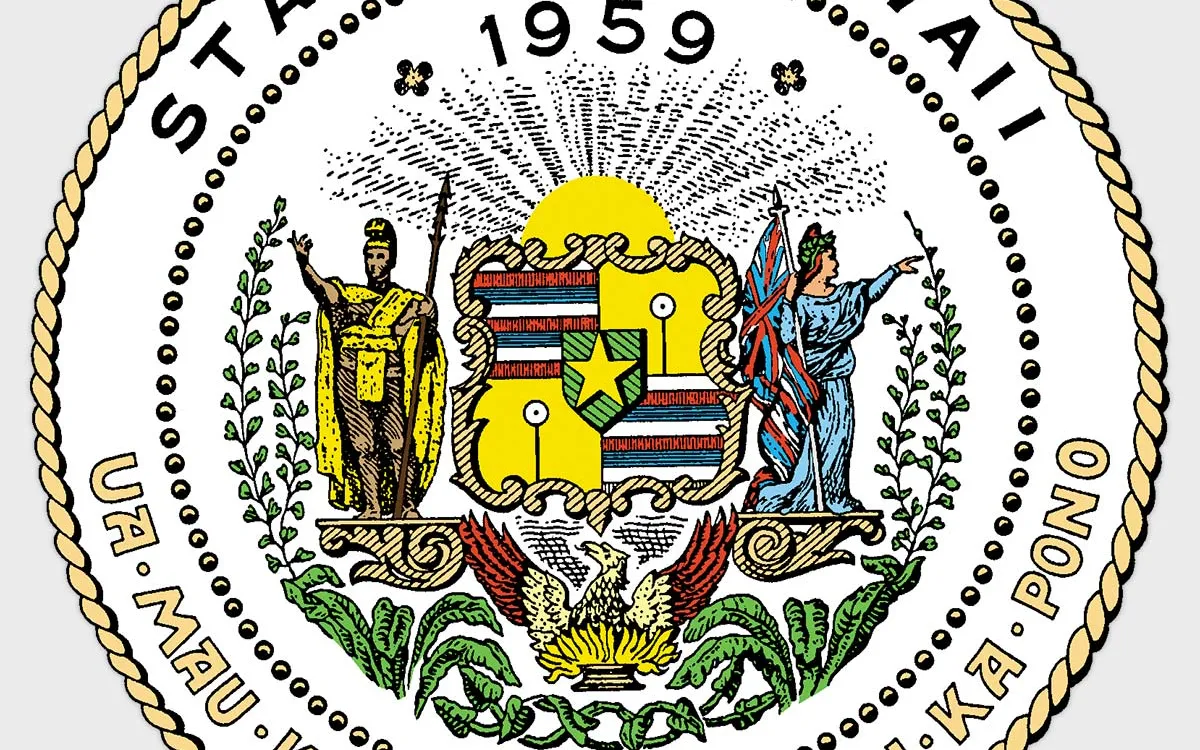
HONOLULU — The Hawaiʻi Department of Health (DOH) State Laboratories Division has confirmed a case of measles involving an unvaccinated child under the age of 5 on Oʻahu. The DOH is actively investigating this case to identify individuals who may have been exposed and is collaborating with health officials to mitigate the spread of this highly contagious disease.
The affected child recently returned from international travel with their parents. Shortly after arriving in Hawaiʻi, the child exhibited symptoms including fever, runny nose, and cough. Medical care was sought when a rash developed, and the child is currently recovering at home. Additionally, a household member is being evaluated for potential measles infection due to exhibiting similar symptoms.
Members of the public who visited the following locations during the specified times may have been exposed to measles:
Daniel K. Inouye International Airport (HNL) C gates, customs, and baggage claim area on March 30 between 10:50 a.m. and 2 p.m. Terminal 2 departures, TSA checkpoints, and gate area for Delta flight 309 to Atlanta, Georgia, on April 4 between 1 and 7 p.m. Mānoa Valley District Park art class on April 1, between 9 and 10 a.m. Queen’s Island Urgent Care Kapahulu on April 4, between 8 a.m. and noon.Flight notifications have been issued for the airlines and airports associated with the confirmed and suspected cases. The DOH is also reaching out directly to individuals known to have had contact with the confirmed or suspected case.
If you were present at any of the above locations during the specified times and are not vaccinated, you may be at risk of contracting measles. Individuals who have never received a measles-containing vaccine, such as the measles, mumps, and rubella (MMR) vaccine, should contact their healthcare provider immediately. Vaccination or immune globulin can be effective if administered shortly after exposure.
It is crucial to remain vigilant and monitor for symptoms for up to three weeks following your last exposure. Symptoms of measles typically include:
Fever greater than 101°F Runny nose Watery red eyes CoughIf you notice any symptoms, isolate yourself and contact your healthcare provider without delay. Be sure to inform them of your potential exposure to measles prior to visiting their office or the emergency room, which can help protect other patients and staff.
Individuals with compromised immune systems should consult their healthcare provider if they have questions or develop symptoms related to measles.
If you have received two doses of the measles-containing vaccine or were born before 1957, you are considered protected and do not need to take further action. However, if you have only received one dose of the MMR vaccine, your risk of infection is low, but it is advisable to contact your healthcare provider about receiving a second dose for complete immunity.
Measles is known to be one of the most contagious viruses globally. It spreads through direct contact with an infected individual or via airborne transmission when an infected person coughs or sneezes. The virus can remain airborne for up to two hours after the infected person has left the room.
The best defense against measles is the MMR vaccine, which all children should receive in two doses: the first dose at 12-15 months of age and the second dose at 4-6 years. Adults born in 1957 or later should have at least one documented MMR vaccination unless they have proof of immunity through a blood test or prior infection.
For those who are not protected against measles and have been exposed, it is essential to act quickly:
The MMR vaccine can prevent or lessen the severity of measles if administered within 72 hours of exposure. Immune globulin may also reduce the severity of measles if given within six days of exposure.If you cannot reach your healthcare provider promptly, please contact the DOH Disease Reporting Line at 808-586-4586 or the Disease Investigation Branch at 808-586-8362.
Currently, there is no specific treatment for measles. Care for patients focuses on ensuring adequate hydration, bed rest, and fever management. Should complications arise, specific treatments may be necessary. For vaccination information, visit vaccines.gov.
For further insights on measles, please visit the DOH measles information website or the CDC measles page.